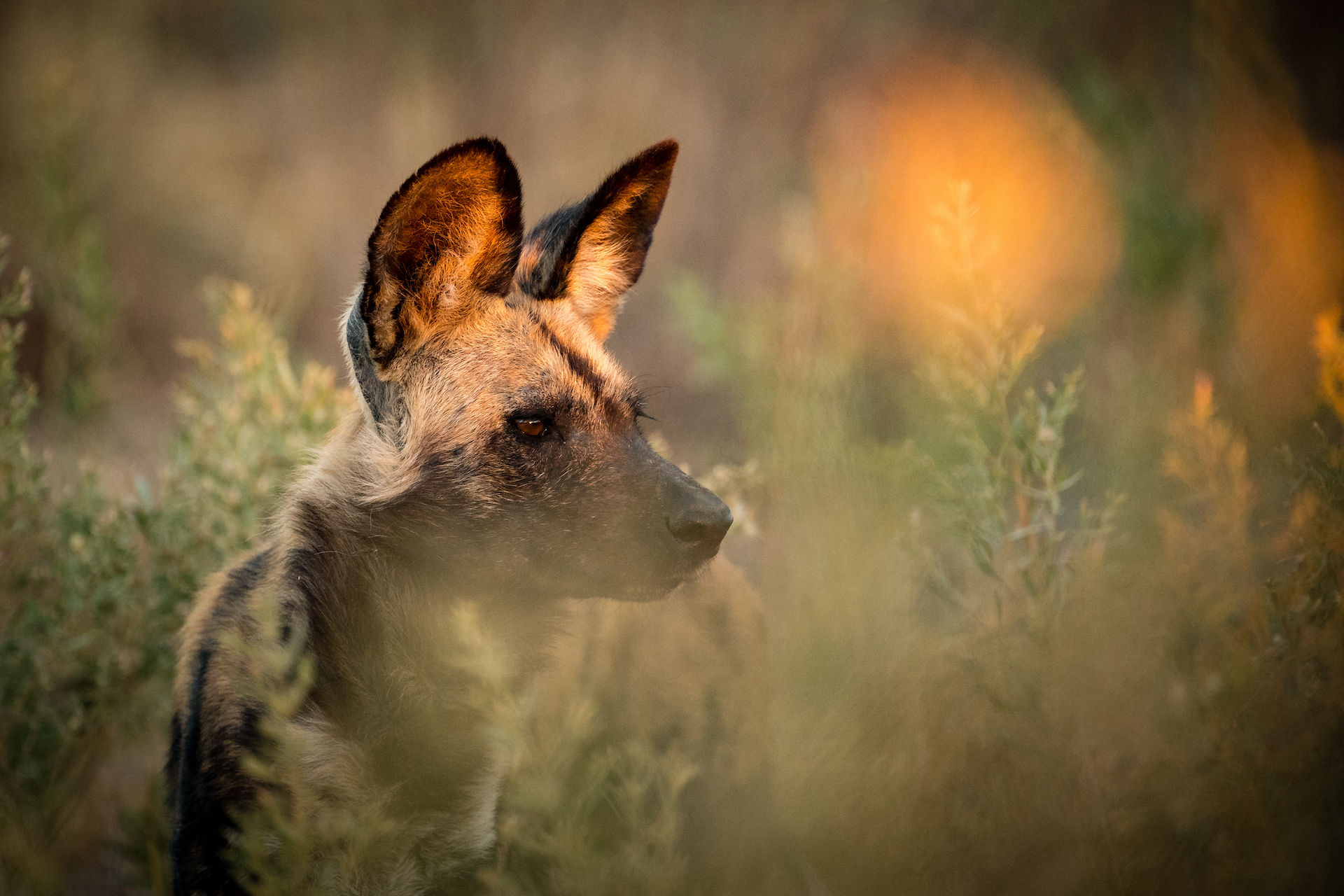Biodiversity

Why this program?
Biodiversity is a complex and interconnected field that encompasses the study of life's diversity and the relationships between organisms and their biotic and abiotic environments. This program is designed to provide students with a comprehensive understanding of biodiversity, drawing on the theoretical foundations, scientific methodologies, and practical applications of modern ecological and evolutionary analysis. Addressing the growing challenges in biodiversity conservation, it demands expertise in a range of scientific disciplines, encompassing ecology, evolutionary biology, genetics, mathematics, statistics, and conservation biology. This ensures that students are equipped with a broad skill set, allowing them to conduct rigorous ecological and evolutionary analysis and apply their findings to enhance decision-making in conservation efforts.
What can I learn?
The Master's Program in Biodiversity offers students the opportunity to acquire specialized knowledge in the field of biodiversity research, with a strong emphasis on ecology and evolutionary biology, as well as related fields. Building on a solid foundation in fundamental natural sciences, students will acquire the expertise necessary to address environmental challenges that hold both scientific and societal significance on a global scale. Graduates of this program will be well-prepared to conduct independent scientific research, from project planning to execution, and to proficiently communicate their findings to expert audiences through scientific publications.
What can I do with it later?
Potential career paths encompass doctoral studies, research, and teaching roles at academic institutions or research entities like Eawag, WSL, and Agroscope. Biodiversity, environmental, and sustainability expertise is pertinent in administrative and political spheres, nature conservation organizations, environmental consulting firms, zoos, museums, foundations and within the private sector in national and international corporations. Opportunities also exist in public relations, communications, project management, coordination, consulting, and environmental education. Additionally, individuals can pursue a career as a biology teacher in secondary and vocational schools.
